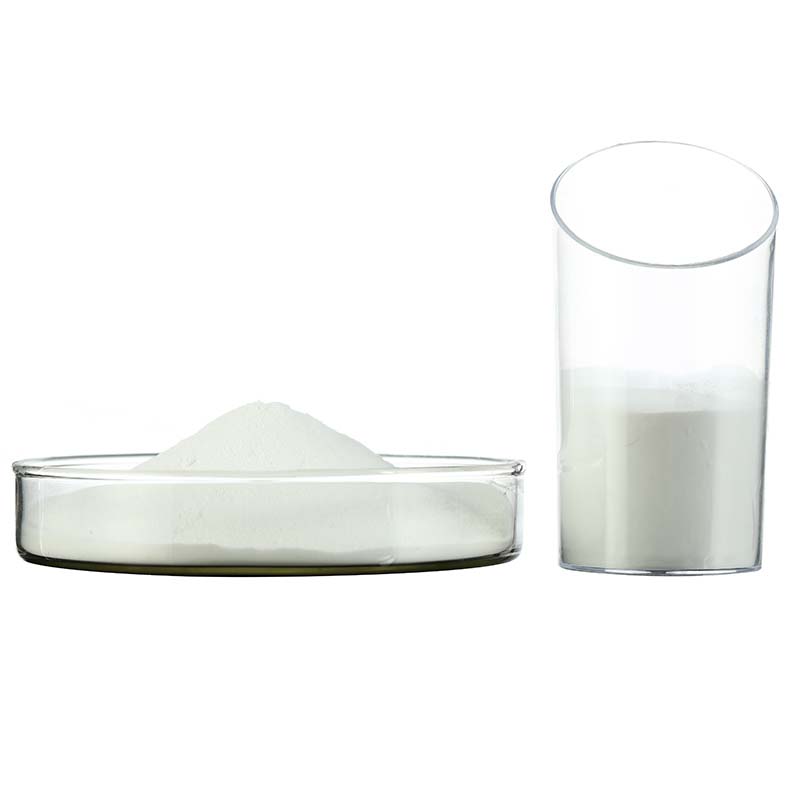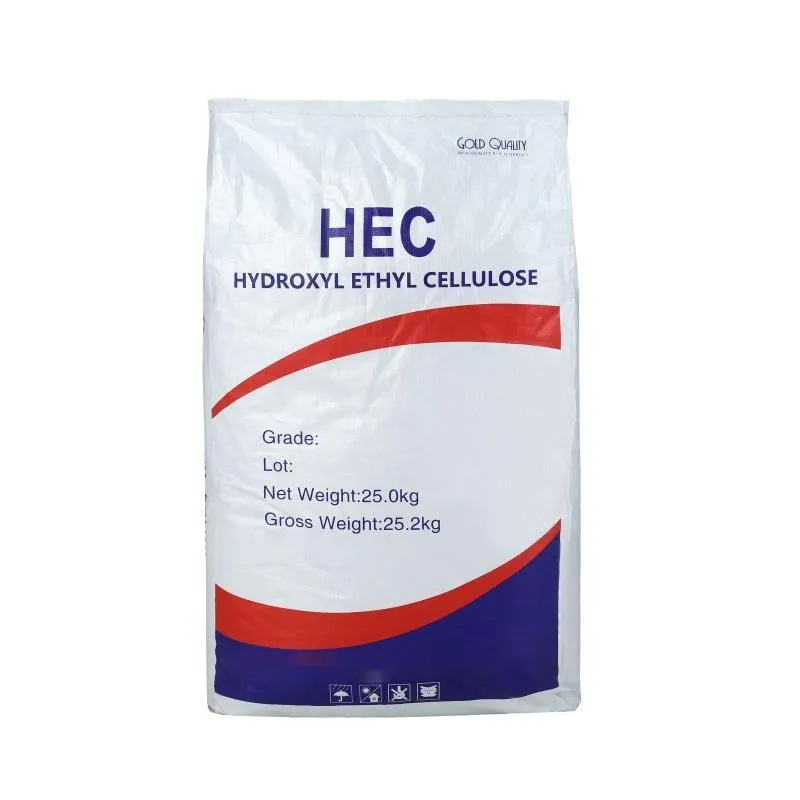Premium Polyvinyl Alcohol 4 88 Water-Soluble Polymer for Industry
Frustrated with adhesives that can't handle moisture? Tired of films that crack when you need flexibility? You're not alone. Over 68% of manufacturers face daily challenges with water-soluble polymers. And that's why your search ends here. Polyvinyl Alcohol 4-88 (PVA 4-88) transforms these frustrations into high-performance solutions. Ready to discover why chemical engineers choose it? Let's dive in!
✧ Global PVA market projected to reach $1.45 billion by 2027
✧ PVA 4-88 viscosity range: 4.8-5.8 mPa·s (4% solution)
✧ 94%+ hydrolysis delivers superior water solubility

(polyvinyl alcohol 4 88)
The Unbeatable Technical Advantages of PVA 4-88
Why does Polyvinyl Alcohol 4-88 outperform alternatives? Its precise molecular design solves real problems. Need rapid dissolution? Check. Seeking film flexibility? Done. Requiring binding power? Solved.
How to use polyvinyl alcohol matters. With PVA 4-88, you get:
88% hydrolysis for balanced solubility/strength
4-5 mPa·s viscosity perfect for coating applications
Zero-toxin formulation meeting FDA requirements
Polyvinyl Alcohol vs. Polyvinyl Acetate: Your Critical Choice
Know the difference between polyvinyl alcohol and polyvinyl acetate? PVA isn't PVA—that confusion costs manufacturers millions. See how PVA 4-88 beats traditional PVAc:
| Property | PVA 4-88 | Polyvinyl Acetate (PVAc) |
|---|---|---|
| Water Solubility | Instant cold water soluble | Water-resistant |
| Film Flexibility | High (~220% elongation) | Brittle films |
| Adhesion Strength | 450-550 psi | 300-400 psi |
| Environmental Impact | Biodegradable | Non-degradable |
How To Use Polyvinyl Alcohol 4-88 Across Industries
Your industry has unique demands. Polyvinyl alcohol uses extend far beyond glue. See what it powers:
In Paper Coating: Apply 4-8% solution for gloss and strength. Reduces fiber dust by 87%.
For Textile Sizing: Achieve warp break reduction from 15 to just 2 breaks/100k yards.
In Adhesive Production: Blend with starch for bonds 43% stronger than PVAc alternatives.
Case Study: Revolutionizing Packaging Films
A food packaging supplier replaced PVAc with our PVA 4-88. Results? Dissolvable packets now degrade in seawater in 28 days. Tensile strength jumped 60%. Their customers? Thrilled.
Ready to Transform Your Products?
Join 750+ companies trusting our premium PVA 4-88. Zero setup fees. Technical support included. Request your free sample today—see the difference!
GET YOUR FREE SAMPLE NOW →Ships same day. No commitments.
Don't settle for unstable polymers. Our PVA 4-88 delivers precision performance in every gram. From textiles to electronics encapsulation. Your breakthrough formula starts here. Need custom parameters? We engineer solutions for you. Act now—your competition won't wait.

(polyvinyl alcohol 4 88)
FAQS on polyvinyl alcohol 4 88
Q: What is Polyvinyl Alcohol 4-88?
A: Polyvinyl Alcohol 4-88 (PVA 4-88) is a water-soluble polymer with a hydrolysis degree of 87-89% and a molecular weight of ~31,000. It is widely used in adhesives, coatings, and films due to its excellent film-forming and binding properties.
Q: What is the difference between Polyvinyl Alcohol and Polyvinyl Acetate?
A: Polyvinyl Alcohol (PVA) is a water-soluble polymer derived from the hydrolysis of Polyvinyl Acetate (PVAc). PVAc is non-water-soluble and used in adhesives, while PVA is utilized in films, textiles, and emulsifiers due to its solubility and flexibility.
Q: How to use Polyvinyl Alcohol for adhesive applications?
A: Dissolve PVA in hot water (80-90°C) while stirring to create a clear solution. Adjust the concentration (typically 5-10%) based on desired viscosity. Apply the cooled solution as an adhesive for paper, wood, or textiles.
Q: What are the common uses of Polyvinyl Alcohol?
A: PVA is used in water-soluble films, adhesives, textile sizing, and as a binder in cosmetics and pharmaceuticals. It also serves as a release agent in mold-making and a stabilizer in emulsion polymerization.
Q: How does Polyvinyl Alcohol 4-88 differ from other PVA grades?
A: PVA 4-88 has a specific hydrolysis degree (87-89%) and molecular weight (~31,000), offering balanced solubility and film strength. Lower hydrolysis grades (e.g., PVA 1788) dissolve faster in cold water, while higher grades provide greater chemical resistance.
-
The Versatile World of Carboxymethyl Cellulose Solution for Industrial SolutionsNewsJul.23,2025
-
Reliable Redispersible Polymer Powder Options for Professional BuildersNewsJul.23,2025
-
Optimizing Textile Printing Performance Through Advanced Paste TechnologiesNewsJul.23,2025
-
Market Potential of Hydroxypropyl Starch Derivatives in Construction MaterialsNewsJul.23,2025
-
Innovative Applications of HEmc Cellulose in Modern IndustriesNewsJul.23,2025
-
Hpmc Gel Powder Adhesive Building ExcellenceNewsJul.23,2025








